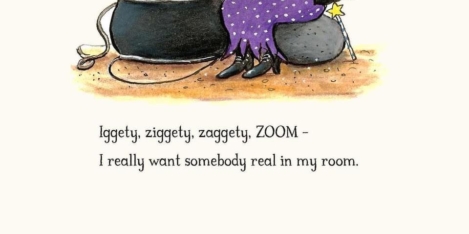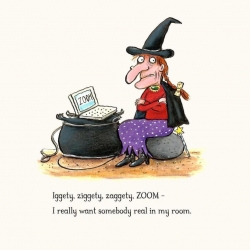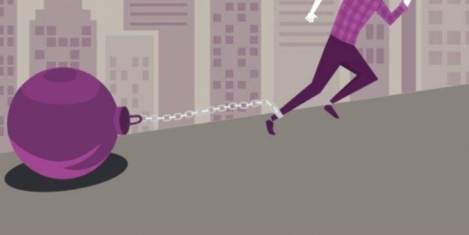June 9, 2023
Artificial intelligence will boost short term headcount, claim half of employers
 More than half (54 percent) of Britain’s employers expect Artificial Intelligence (AI) technologies will have a positive impact on their staff headcount over the next two years, according to a survey by Experis, a part of ManpowerGroup. The survey of 2,000+ British employers also suggests that more than two thirds (69 percent) of businesses expect AI tools and technologies – including ChatGPT, Machine Learning and Virtual Reality – to have a positive impact on upskilling and reskilling, as well as on employee training (68 percent). 67 percent of British organisations anticipate a positive impact on employee engagement because of AI technology, and 60 percent think it can positively impact the onboarding process too. More →
More than half (54 percent) of Britain’s employers expect Artificial Intelligence (AI) technologies will have a positive impact on their staff headcount over the next two years, according to a survey by Experis, a part of ManpowerGroup. The survey of 2,000+ British employers also suggests that more than two thirds (69 percent) of businesses expect AI tools and technologies – including ChatGPT, Machine Learning and Virtual Reality – to have a positive impact on upskilling and reskilling, as well as on employee training (68 percent). 67 percent of British organisations anticipate a positive impact on employee engagement because of AI technology, and 60 percent think it can positively impact the onboarding process too. More →











 There’s a scene in the 1986 horror movie The Fly in which Seth Brundle (Jeff Goldblum) persuades the reporter Veronica Quaife (Geena Davis) to try two steaks, one of which Brundle has just sent between two teleportation pods in an effort to work out why the pods can’t process organic matter, including the organic matter that had recently belonged to a very unfortunate baboon.
There’s a scene in the 1986 horror movie The Fly in which Seth Brundle (Jeff Goldblum) persuades the reporter Veronica Quaife (Geena Davis) to try two steaks, one of which Brundle has just sent between two teleportation pods in an effort to work out why the pods can’t process organic matter, including the organic matter that had recently belonged to a very unfortunate baboon. 
 IPSE (the Association of Independent Professionals and the Self-Employed) has responded to the UK Labour Party’s proposal for a single worker status saying that although it is welcome the party is attempting to clear the confusion around worker rights, the party’s proposals fail to grasp the nettle of employment status. The comment comes after Labour announced it would create a single worker status to “replace the three existing employment categories” of employee, worker and dependent contractor. Labour said the category would encompass “all but the genuinely self-employed”.
IPSE (the Association of Independent Professionals and the Self-Employed) has responded to the UK Labour Party’s proposal for a single worker status saying that although it is welcome the party is attempting to clear the confusion around worker rights, the party’s proposals fail to grasp the nettle of employment status. The comment comes after Labour announced it would create a single worker status to “replace the three existing employment categories” of employee, worker and dependent contractor. Labour said the category would encompass “all but the genuinely self-employed”. 
 New research from
New research from 
 As lockdown starts to lift, more people are having to think about going back to work as normal. That means commutes, offices, cafeterias, and face to face meetings.
As lockdown starts to lift, more people are having to think about going back to work as normal. That means commutes, offices, cafeterias, and face to face meetings. 
 One of the most significant consequences of the 2008 economic crash was a remarkable shift
One of the most significant consequences of the 2008 economic crash was a remarkable shift 
 Over half (54 percent) of UK workers say they are more open to taking on a side hustle or freelance work since the Covid-19 pandemic, according to new research from
Over half (54 percent) of UK workers say they are more open to taking on a side hustle or freelance work since the Covid-19 pandemic, according to new research from 
 For now, just forget the
For now, just forget the 










July 31, 2023
Digital nomads are starting to price out local communities around the world
by Dave Cook • Cities, Comment, Flexible working